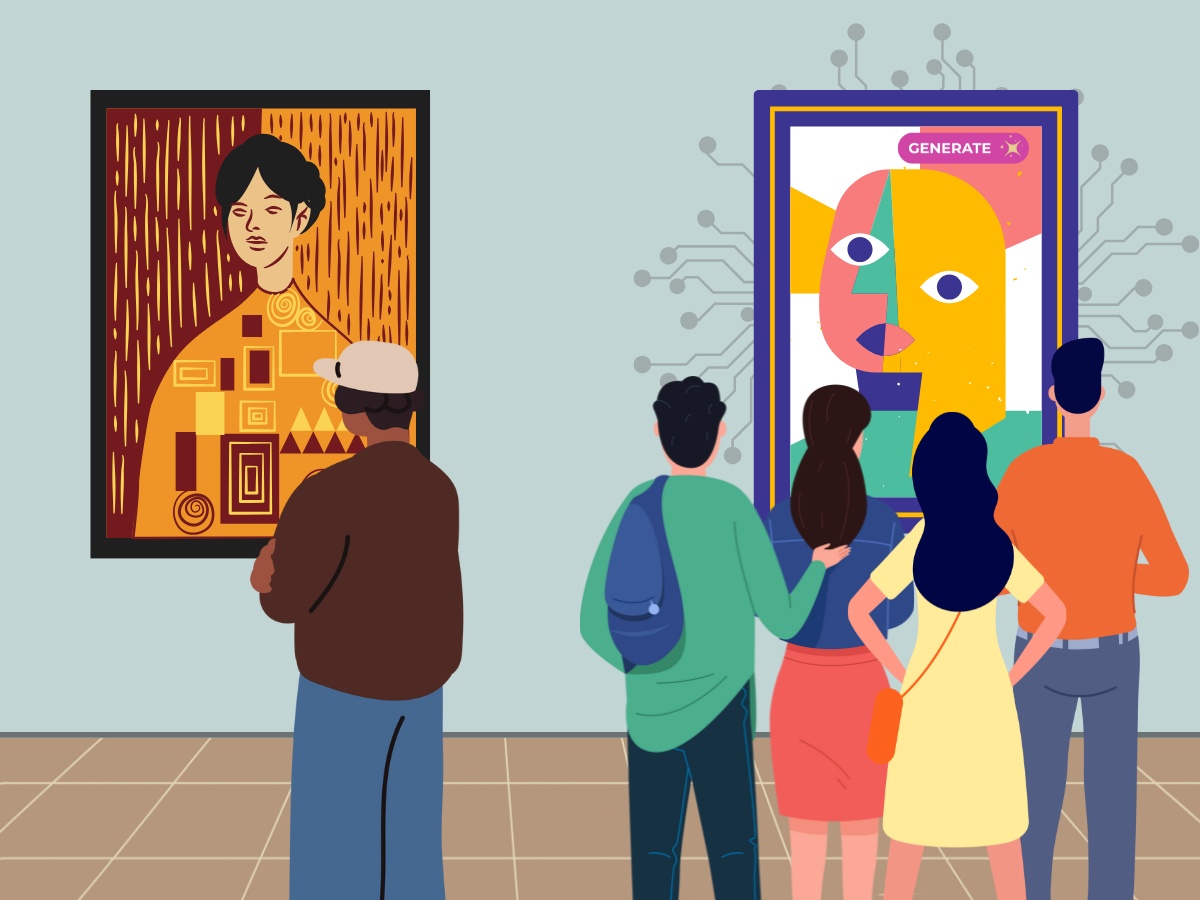The author of the article “Can White people experience racism?” voiced her opinion on a topic that many people are too afraid to acknowledge.
When reading about controversial topics, it is easy to take offense and bite at every bit of a piece you disagree on. Additionally, it’s easy to disregard unpopular opinions in the name of remaining politically correct. However, it is this flippant attitude that stunts our attitudes on race and stunts productive conversations needed to resolve disagreements.
My biggest takeaway from the article was that the author has felt as though her experiences and ideas on race are devalued because she has not faced oppression. But within that, she has then been silenced by people who do not see the validity in her experiences.
As a person of color who lived in northern Virginia, a diverse region where White people were the majority group, racial awareness was something I had to be sensitive to. More specifically, being Korean in a predominantly White institution has forced me to recognize the position I assume as one of very few Asians at Drake.
What I have learned through my experiences in Crew Scholars and in discussions where people look to me to provide the perspective of the oppressed is that disregarding people’s opinions because of their innate positionality is the best way to leave ignorance on the table.
Without these conversations, naivety will prevail over the idea that people’s opinions should be clarified in perspective through discussion.
However, my issue with the article is that it broadens racism as an all-encompassing idea, rather than understanding it for its application in society.
The innate structure of racism stems from oppressor to oppressed, and it’s important to first acknowledge the power dynamic within that.
The article referenced the predominantly White makeup of Congress and the government in general, meaning that legislation and policies continue to lack the perspectives needed to holistically address racism embedded in society.
At its core, this is the perpetual idea that keeps undertones of racism prevalent in 2024.
While the author may experience shame or feel oppressed by her inability to share her opinions, it is not racism that she is experiencing. It is prejudice. Racism is an issue that people of color face daily, not just in selective conversations where they feel silenced.
In the article, the author compares the oppression felt by people of color in a room of majority White people to a White person entering a largely POC-dominated conversation about race. As a White person or a person of color, the discussion or acknowledgment of race should never be a topic to shy away from.
It’s worth noting that I am a proponent of these conversations because I have been given lifelong opportunities to voice my experiences. The position of the individual who told the author’s sister she wasn’t allowed to talk about race stems from societal expectations that racial discussions are sacred to people of color who experience it firsthand.
And without addressing these injustices, there will continue to exist stigmas that coat how racism is viewed by society. The more we fail to acknowledge this, the more disconnected we become and the more taboo these discussion topics become.
The experiences and ideas of the author deserve to be acknowledged, and I applaud the author’s willingness to open the door to discussion. My position is that, without these conversations, society will continuously find topics about race uncomfortable and fail to work toward the equality we all aim to achieve.






